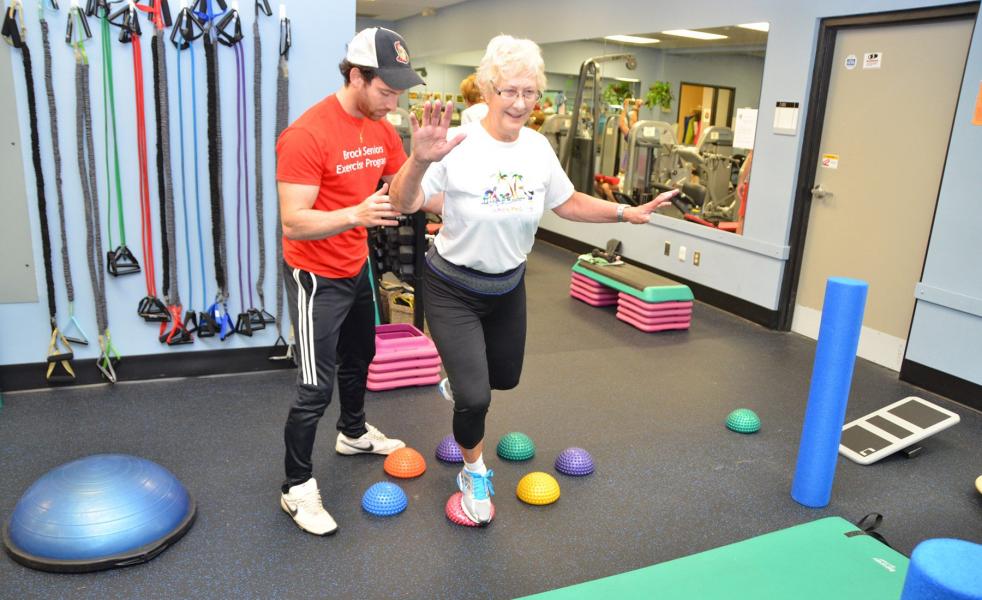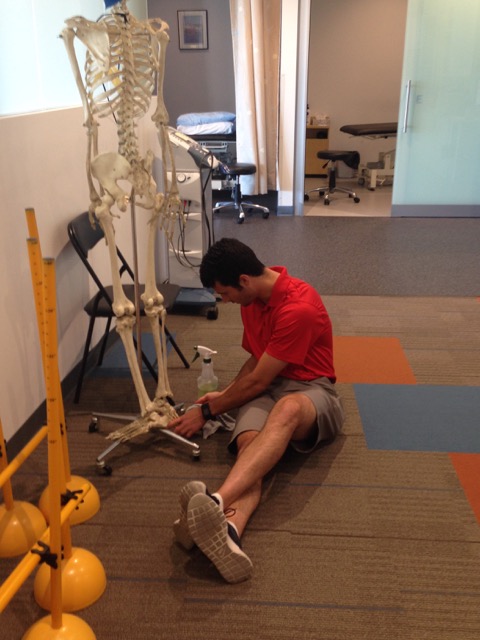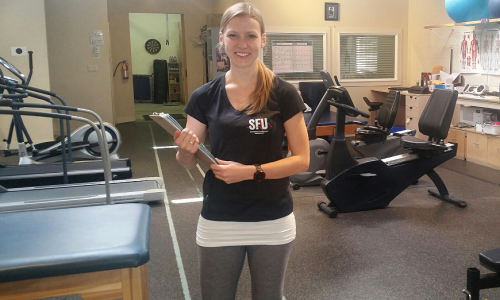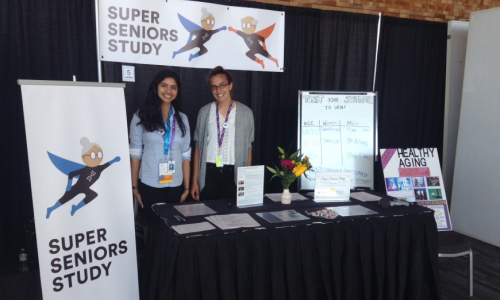
With my second co-op placement at RebalanceMD, I was well aware of the roles and responsibilities I would be taking on within the clinic. I was also slightly apprehensive that this could lead me towards stagnation. However, nearing the end of my work term, the complete opposite has proven true. The thing that has driven me throughout my two clinical placements and will continue to motivate me throughout my career is the story that comes attached with every client. By taking the time to listen to their individual journeys and discovering how I can become a positive part of their story, I was able to make each day significant and energizing.
Don’t Forget, They Are Human Too
Something that I believe is often missed in healthcare is remembering that the person sitting opposite you, listening to you drone on about why their knee is injured or how they should be healthier, is human too. They make mistakes, they have other commitments, they will forget to do their prescribed exercises, and they will have good and bad days. I try to remind myself everyday of this fact and incorporate it into my practice. So when I ask a patient “How are you?” I don’t want them to interpret my question as “How is your injury?” Rather, it should be understood as “Are you, as a whole person, doing okay?” On top of physical wellness, emotional strength is a critical component to successful physical rehabilitation. If you do not assess it, you as a practitioner are doing a disservice to your clientele. In the end, it’s about connecting on a more human level with your client and showing them that you do not view them as a statistic, but as a real person undergoing genuine difficulties.
Often, the only way to understand what someone is experiencing, is to experience it yourself. This summer, our clinic added Blood Flow Restriction (BFR) strength training as one of our methods of rehabilitation. The reasoning behind this relatively new approach is that clients suffering from severe joint degradation, and therefore an inability to load their joints with heavier weights, can achieve similar strength gains as their non-degenerative counterparts while working at a much lower and safer weight (Takarada et al., 2000). Sounds great right? There’s just one catch, you have to restrict your blood flow by as much as 80% of normal, which turns out to be rather “uncomfortable”…go figure (Takarada et al., 2000). So, rather than just sit beside my clients and try to understand what they’re going through by listening to their colourful language, I decided to strap up. By the end of the protocol, I felt as though I had just squatted 500 Lbs (it was actually 36 Lbs…). Consequentially, the next time I worked with a client, I was able to guide them through the sensations they experienced and motivated them to push through any distress. Although I don’t recommend undergoing BFR for the fun of it, putting yourself in your clients’ shoes will strengthen the fiber of your client-professional relationship and improve their chances of getting through that third set of leg presses!

A certain philosopher, Socrates, came up with the above quote. This is something that I keep in mind in situations with a client who may be going through a fight you cannot understand because it is something you haven’t and may never experience personally. Some therapists view this barrier as insurmountable and shy away from the challenge of such a case; yet, I relish in the opportunity that this presents. Yes, I will never understand the suffering this person endures on a daily basis, but this does not mean that I cannot and will not do everything in my power to help them. One specific case that comes to mind was an elderly patient of mine who was suffering from severe arthritis in their knee joint. During my initial interaction with the patient, they made it very clear that I had no idea what they were going through. To their surprise, I promptly stated that they were completely correct in their assumptions. Once we had passed this barrier, it was easy to become a team and move forward with their physical therapy in a more positive manner. I am happy to say that by the end of my time with them they were much happier, healthier, and understanding of how physical therapy can help them. As a therapist, it can be easier to pretend that we are all-knowing, yet, to show true compassion, we must sometimes admit how little we understand.
End of the Story
I wish to leave you with one last nugget of advice. As you make your way through the world of healthcare, wherever your path may take you, please remember that all stories have an ending. You, as a healthcare practitioner, can help to edit the stories of your clients, but never forget that you are an editor, and not the author. You do not determine the conclusion, yet, if you connect with your clients on a more human level, express sincere empathy and admit that sometimes, you cannot understand, you will greatly impact the chances that their story ending will be a happy and healthy one.
Works Cited
Takarada, Y., Takazawa, H., Sato, Y., Takebayashi, S., Tanaka, Y., & Ishii, N. (2000). Effects of resistance exercise combined with moderate vascular occlusion on muscular function in humans. J Appl Physiol (1985), 88(6), 2097-2106.
Beyond the Blog
-
For more opportunities like Brandon's visit the BPK co-op page!














